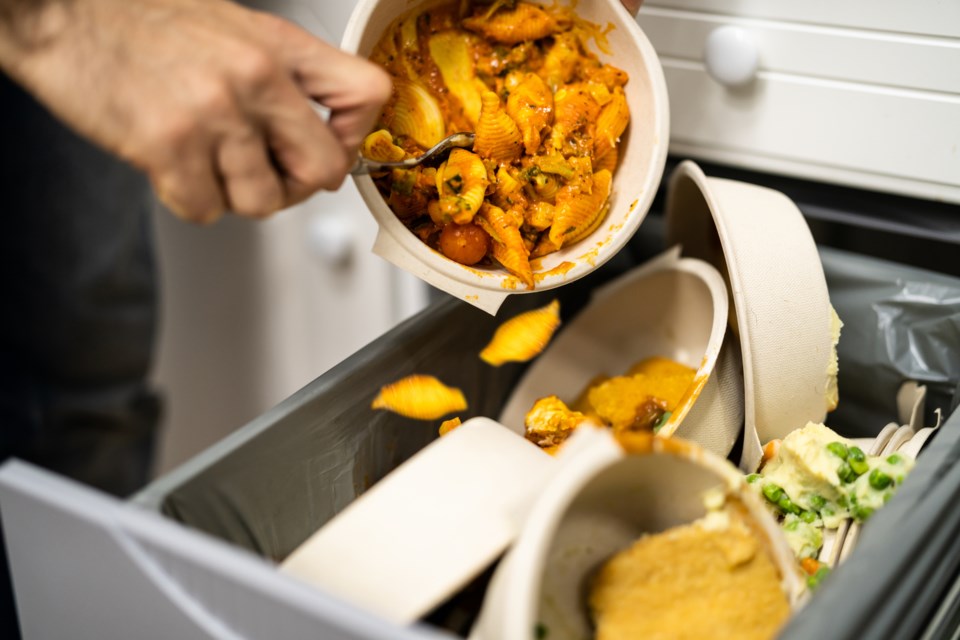Burnaby residents are tossing so much organic waste that processing fees are jumping higher and higher, and taxpayers could be on the hook for “huge” increases in the future.
Mayor Mike Hurley issued a warning about the rising costs after council unanimously approved a $2-million increase to the city’s green waste processing contract with GFL Environmental, which processes Burnaby’s green waste at a facility in Delta.
The five-year contract, originally approved in 2019, now costs 12.5 per cent more, rising from about $16 million to $18 million.
“The contract increase is required because diversion of compostable materials from the garbage stream has increased significantly over the past five years,” staff said in a report to council on May 13.
Hurley said waste processing, whether it’s compost, regular garbage or recycling, will become the city’s “most expensive costs.”
“These are the things that are going to climb way, way above inflation,” he said. “And, somehow, we have to come up with answers.”
He offered one.
“We know that the right answer is to have a solution within our city, or at least within the Lower Mainland,” he said.
Hurley hopes to build a city-owned green waste processing plant.
But Burnaby council got into hot water last year, after agreeing in principle to build a compost processing facility on sensitive wetlands.
Residents vehemently opposed the project, and council had to backtrack its support.
But at the May 13 meeting, Hurley said the Vancouver Landfill is set to close soon.
“We still cannot bury our heads in the sand and pretend we don’t have this issue. And sending (compost waste) out-of-province or sending it to God-knows-where in the province has to end.”
Coun. Pietro Calendino echoed the mayor’s comments and added taxpayers could feel the costs in years to come as Metro Vancouver generates an “incredible” amount of waste, which costs “huge” amounts of money.
“It is a huge, huge amount of money that, obviously, the taxpayers (are) going to have to shoulder.”
A mini-history of Burnaby green waste
Between 2019 and 2023, Burnaby diverted about 28,300 tonnes of green waste on average annually, according to figures from the city’s solid waste reports.
Before 2019, the city averaged about 24,000 tonnes of green waste per year, according to public affairs officer Cole Wagner.
The 2019 green waste contract was based on the previous five-year actual green waste tonnages observed, with some allowance for future increase, Wagner said.
“Since 2019, we exceeded the estimates and therefore consumed the contract award amount at a faster rate than we anticipated,” Wagner told the Burnaby NOW in an emailed statement.
“This is likely due to a few factors. COVID certainly played a part, as we observed more green waste and overall tonnage during this period. The city has also worked to divert more food scraps from the garbage stream, and that has resulted in more green waste generated.”
He noted green waste is overall less costly to process than garbage and diverting green waste helps the city achieve its climate targets.
The volume of green waste is expected to increase in the years to come as the population grows and more food waste is diverted from the garbage stream, Chris Bryan, public affairs manager, told the NOW.
Last year, Burnaby collected about 66,220 tonnes of waste in total, including garbage, recyclables and green waste from residents and businesses, a two per cent increase from 2022, according to the city’s annual waste report.
The two per cent increase was in recycling and green waste only.





